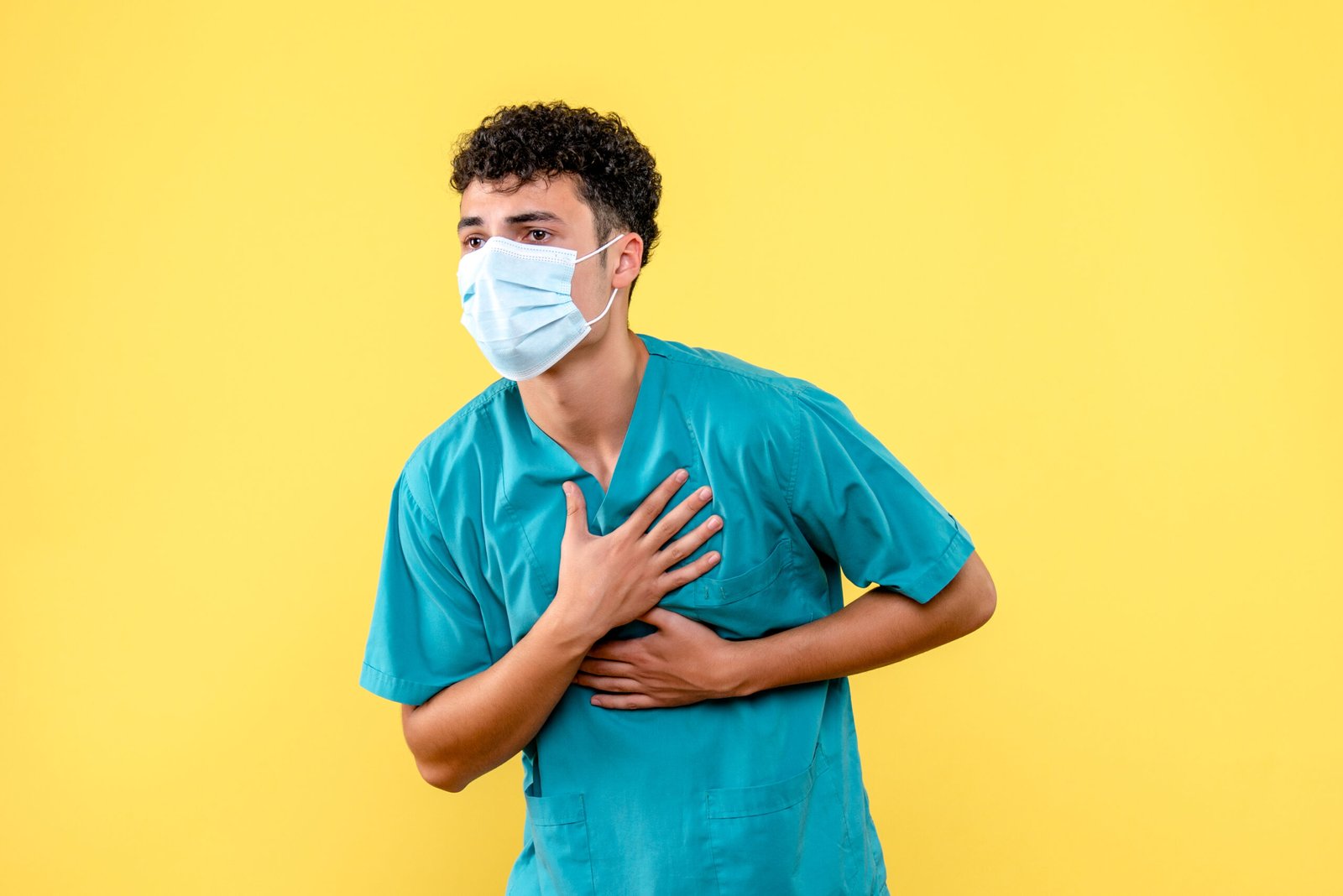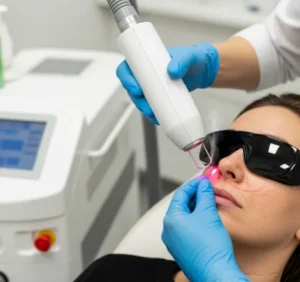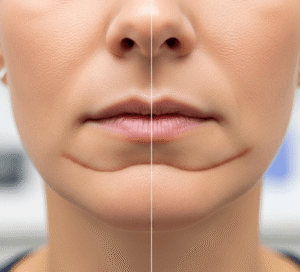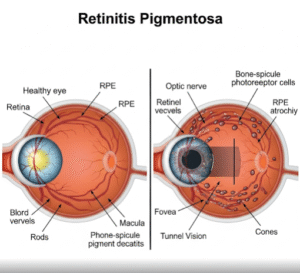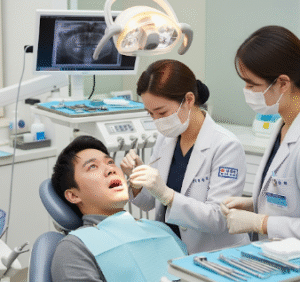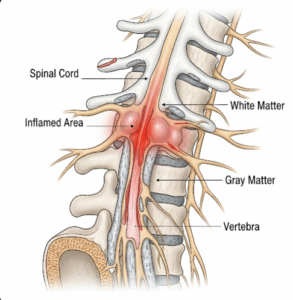Overview
A chest infection refers to an infection of the lungs or large airways, ranging from mild (like bronchitis) to severe (such as pneumonia). It can be caused by viruses, bacteria, or fungi, and symptoms vary depending on the severity of the infection. In Korea, chest infections are commonly treated with modern diagnostic methods, appropriate antimicrobial therapy, and advanced respiratory care, ensuring high recovery rates.
What is a Chest Infection?
A chest infection is a respiratory condition that affects the lower part of the respiratory tract, including the bronchi and lungs. It may be acute (short-term) or chronic (long-lasting), and in severe cases, it can lead to breathing difficulties and hospitalization. Common types include acute bronchitis, pneumonia, and bronchiolitis.
Symptoms
- Persistent cough (dry or with phlegm)
- Chest pain or tightness
- Fever and chills
- Shortness of breath or wheezing
- Fatigue and body aches
- Coughing up yellow, green, or blood-stained sputum
- Rapid breathing or difficulty breathing in severe cases
Causes
- Viral infections (influenza, RSV, COVID-19, adenovirus)
- Bacterial infections (Streptococcus pneumoniae, Haemophilus influenzae, Mycoplasma pneumoniae, tuberculosis)
- Fungal infections (rare, but possible in immunocompromised patients)
- Secondary infection following a cold or flu
- Smoking or exposure to air pollution
Risk Factors
- Weakened immune system (HIV, cancer treatment, organ transplant)
- Chronic lung diseases (asthma, COPD, bronchiectasis)
- Elderly age or very young children
- Smoking and secondhand smoke exposure
- Living in crowded or poorly ventilated areas
- Pre-existing heart disease or diabetes
Complications
- Severe pneumonia requiring hospitalization
- Lung abscess
- Pleural effusion (fluid around the lungs)
- Sepsis (infection spreading to the blood)
- Respiratory failure in extreme cases
- Chronic lung damage if untreated
Prevention
- Annual flu vaccination and pneumococcal vaccination
- COVID-19 vaccination and boosters
- Good hand hygiene and mask-wearing during flu season
- Avoiding smoking and exposure to polluted air
- Strengthening immunity with proper nutrition, exercise, and adequate sleep
Treatment Options in Korea
Korea offers comprehensive treatment for chest infections with access to world-class hospitals and respiratory specialists:
- Diagnosis:
- Chest X-ray, CT scan, and lung ultrasound
- Sputum culture, blood tests, and PCR for viral causes
- Pulmonary function testing in chronic cases
- Medical treatment:
- Antibiotics for bacterial infections (tailored based on culture results)
- Antivirals for influenza or COVID-19
- Antifungal drugs in rare fungal cases
- Cough suppressants, bronchodilators, and mucolytics for symptom relief
- Oxygen therapy for patients with breathing difficulties
- Hospital-based care:
- Severe cases may require admission for IV antibiotics, oxygen, and ventilatory support
- Multidisciplinary respiratory teams monitor high-risk patients

